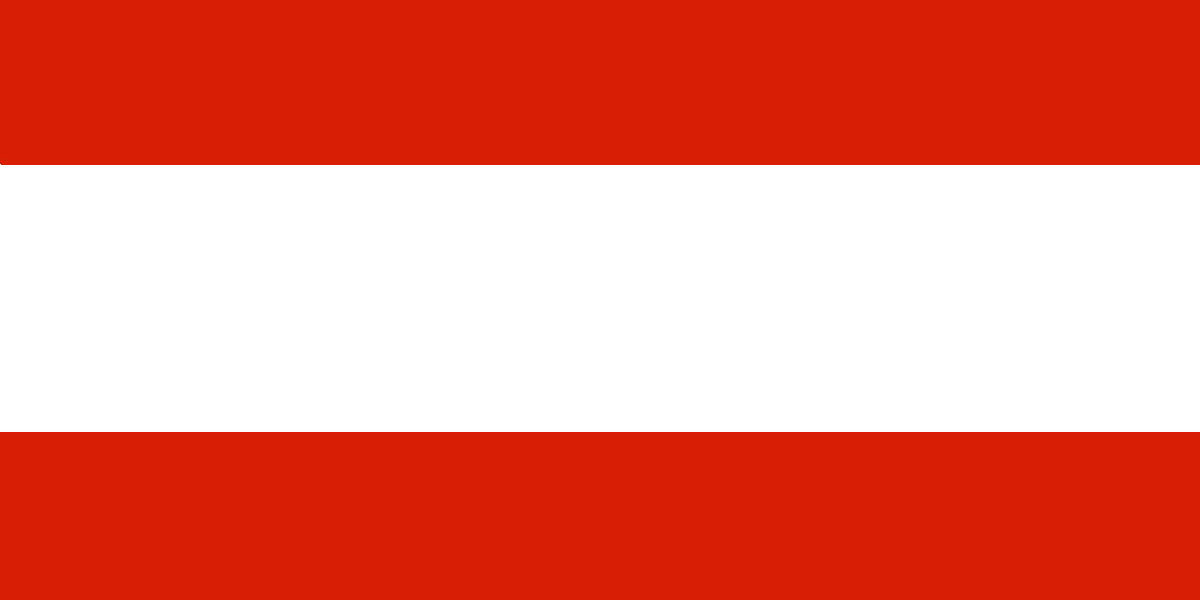In the external perception Austria appears as a tranquil Alpine republic with holiday character, flair and high quality of life. But what is actually behind this appearance? For years Austria has been one of the most stable economies with increasing economic growth in European comparison. Due to its central geographical location, the country is considered a trade and logistics hub between Eastern and Western Europe. With a GDP (1) of € 398.5 billion in 2019, Austria ranks 10th among the EU member states and was able to increase its value added by 3.3% over the previous year. The service sector (incl. trade) accounts for a share of about 68% of the total economic output, the producing industrial sector for 30% and the agricultural and forestry sector for 2%.
- The most important branches of the manufacturing sector in Austria are
- Metal industry/mechanical and steel construction
- Food and luxury food industry
- Chemical and automotive industry
- Electrical and electronics industry and
- Wood and paper industry.
A significant contribution to increasing the value added of the industrial sector is achieved through extensive investments – both by the state and the business community – in R&D projects, especially in the IT sector. According to the OECD, Austria is one of Europe’s pioneers in innovation and R&D (2). This applies to both the manufacturing sector and information technology. Both politics and the economy have recognised the importance of digitisation for further economic growth and support R&D projects in the fields of intelligent sensor technology, virtual reality, block chain, artificial intelligence and IT security. International companies from all over the world and the large number of SMEs are investing in innovative IT solutions to strengthen and expand their market position.
The services sector dominates the country’s gross value added. This includes the areas
- Trade
- Transport and storage
- Accommodation and gastronomy
- Information and communication
- real estate sector
- Freelance/technical services
This sector is characterised by small and medium-sized enterprises, which in 2018 were able to record a 5,7 % increase in turnover (3). In the same year, the Information & Communication sector achieved a plus of 2.9%. Looking at the overall development of this sector over the past 20 years, the share of the service sector in the gross value added of the Austrian economy has been increasing continuously by approximately 4% per year.
In the overall view of the Austrian economy, the growing share of services in the field of information technology also benefits the manufacturing sector in order to use digitization to gain competitive advantages over countries that can produce production goods at lower costs.
Sources:
https://de.statista.com/statistik/daten/studie/188776/umfrage/bruttoinlandsprodukt-bip-in-den-eu-laendern/
https://www.advantageaustria.org/zentral/business-guide-oesterreich/investieren-in-oesterreich/ABA_Wirtschaftsstandort_Oesterreich_2019_DE.pdf
https://www.bmeia.gv.at/fileadmin/user_upload/Zentrale/Publikationen/oesterreich._zahlen._daten._fakten_.pdf




